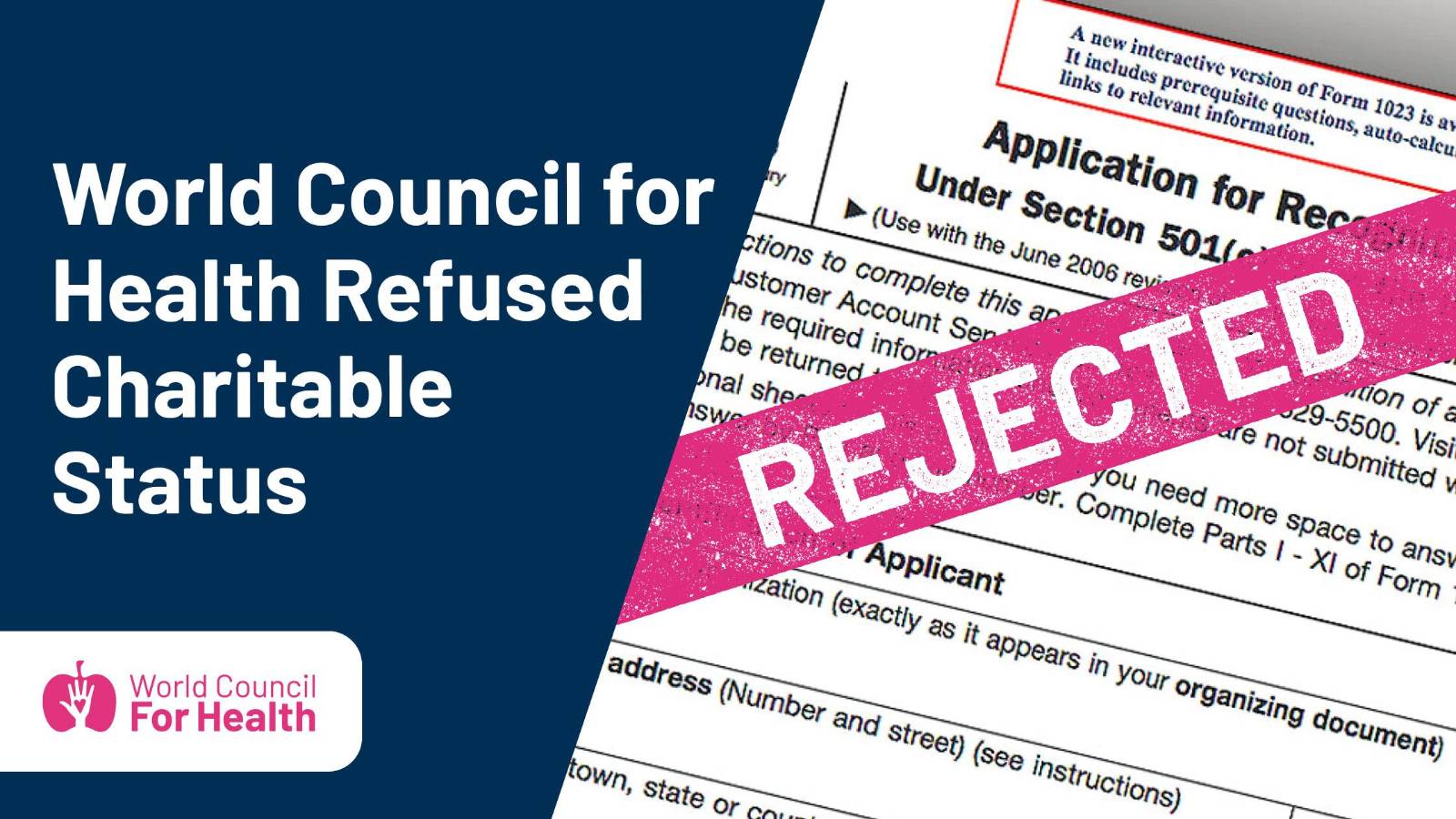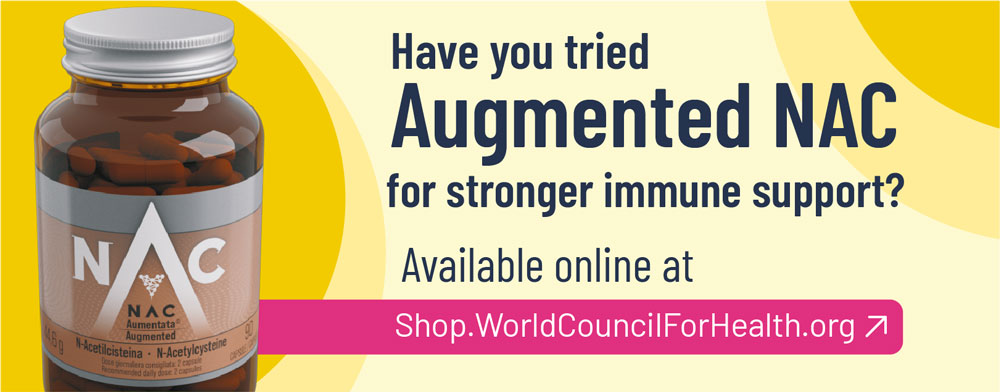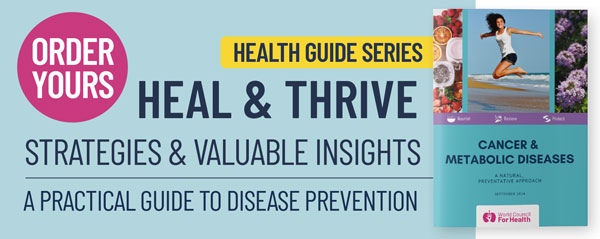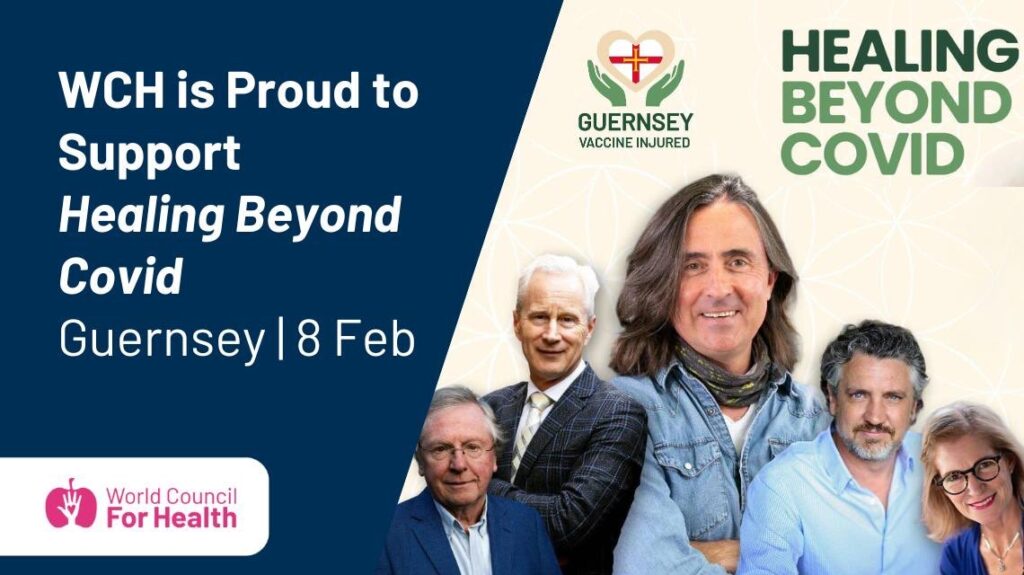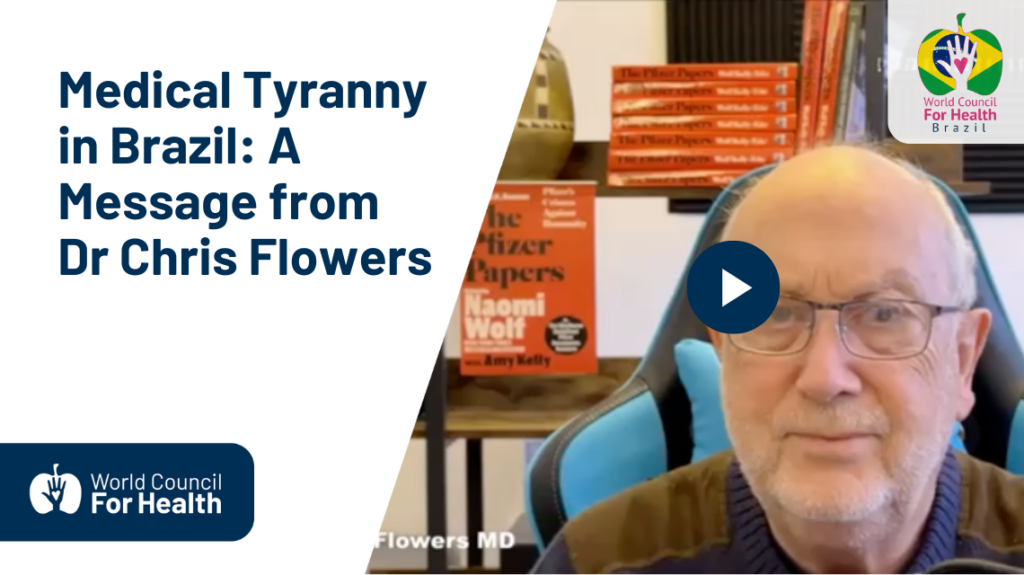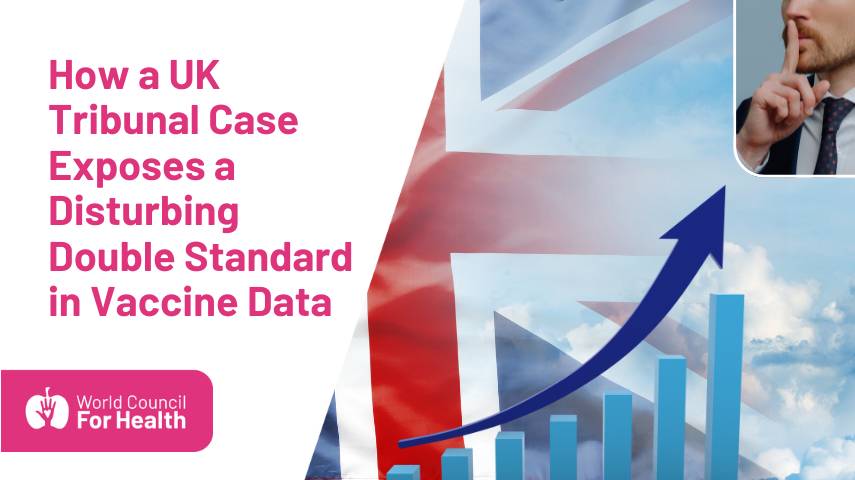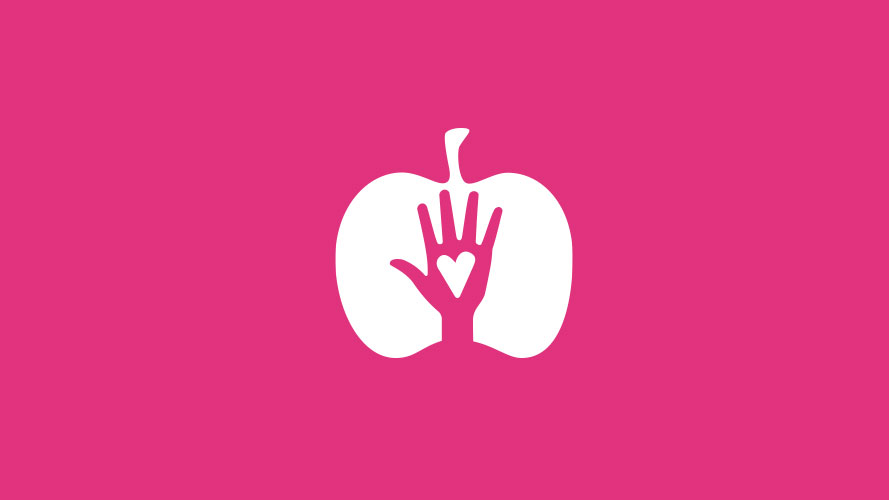BREAKING: World Council for Health (WCH) submitted an application to become a UK Charitable Incorporated Organisation (CIO), but it has been turned down by the Charity Commission, citing concerns that WCH’s purposes are not exclusively charitable, that its activities do not clearly provide a public benefit, and that some of its content and campaigns appear political, controversial, or lacking in evidence-based support.
The Application
On 14th November 2024, the World Council for Health applied for charitable status as a Charitable Incorporated Organisation (CIO). A CIO is a corporate body with a constitution that is registered with, and regulated by, the Charity Commission in the UK.
A CIO has all the advantages of a regular incorporated company but has no Corporation Tax liability. It also gets some VAT exemptions. It can reclaim Gift Aid from personal donations. Companies who donate can claim tax relief in their accounts. This would present an income boost for WCH, receiving more from existing donations and attracting additional donations.
After answering further questions from the Charity Commission, the application was refused on 22nd May 2025. This is very disappointing because, as far as we could see, we met all the requirements. We considered appealing, which could have been lengthy, but we now think that the odds are against us. This briefly explains our application and the reasons for the Charity Commission’s final refusal.
Proposed Constitution
A governing document was created from a Charity Commission template using the following objects in line with their classification of charitable activities:
a) To educate and inform the public on health awareness through the provision of online and printed material, talks, courses and events
b) To provide information to the public concerning environmental issues that could impact health
c) To promote and support independent research into health and wellbeing through surveys and studies
d) To advance the natural rights of the public to choose their own health interventions and to foster their taking responsibility for such
e) To engage with and support the formation of organisations in countries around the world and share knowledge and experience in all aspects of health and wellbeing
f) To raise funds for these activities through sponsorships, donations and the sale of books, health-related items and promotional material
Regarding whom this might benefit, we said:
The benefits of the CIO are ultimately for the general public worldwide.
Charity Commission Objections
Their conclusion was reached with reference to the WCH website and substack. Our response to questions they had posed was insufficient to change their mind. The Charity Commission are bound to follow Charity Law and their own guidelines. They have done this rather meticulously. All a charity’s activities must further a charitable purpose and must be for public benefit. They are not satisfied on either count.
They do not consider our objects to be exclusively charitable because they include:
d) To advance the natural rights of the public to choose their own health interventions and to foster their taking responsibility for such
f) To raise funds for these activities through sponsorships, donations and the sale of books, health-related items and promotional material
Consistent with rejecting the above, they also say:
“There also appears to be an unstated political purpose of opposing policy proposals involving the government and the WHO.”
They consider us not to be for the public benefit, in part because:
“The organisation … promotes particular points of view on controversial subjects, which is inconsistent with the public benefit requirement for the advancement of education”
“The benefits of the claimed health purpose are not apparent, for example the organisation provides literature promoting the use of complementary or alternative therapies where there is no evidence presented to demonstrate their efficacy in line with the requirements of section 5.2 of OG304†.”
†[“Operational Guidance (OG) 304 Complementary and Alternative Medicine”
Section 5.2 defines suitable sources of evidence, all from USA!]
To clarify their position, the Charity Commission say:
“We make no judgment on whether individuals or organisations should or should not support or oppose such policy proposals. But an organisation with a purpose in opposing changes to the law, policy or decisions of central government is an organisation with a political purpose, and therefore not a charity.”
Briefly, their assessment of our objects via the WCH website produced the following objections:
• WCH are promoting a specific point of view that may be inconsistent with public benefit
• WCH are presenting items about health that are controversial or disputed
• WCH could be seen as political, propagandist and controversial
• WCH promotes homeopathy, for which there is no good-quality evidence of effectiveness
• WCH Shop does not fulfil a charitable object and sells non-beneficial and controversial items
• WCH opposes some government policies and treaties or agreements with the WHO
Here are a few specific examples of objections supporting the above included:
• an article criticising regulation of the word ‘detox’
• contents of our Detox Guide that differ from NHS theory and Cleveland Clinic opinion
• suggesting that 5G and other EMF are harmful
• reading the poem ‘Mistakes were not Made’ because it compares government action with genocide
• rights to choose our own health interventions (bodily autonomy) is not a clearly identified human right
• formation of country councils (evident on website) was not explanatory of community development
• selling Tess’s book represents personal benefit in terms of her reputation
• the book “Green Murder” promotes opposition to government policies regarding CO2 and net zero
Conclusion
World Council for Health acknowledges the restraints under which the Charity Commission operates, so we will not be appealing their decision. While charity status would improve our financial flexibility, it would significantly restrict our freedom to speak and act independently.
There are several issues that could have been challenged. They show substantial bias and lack of consistency in their decision-making process. For example, they objected to our presentations on homeopathy, but have registered several homeopathic charities! How can charities committed to human rights function meaningfully if they are not permitted to criticise government actions? Is it “political” to question unelected and unaccountable corporate influence, such as that exercised through the World Health Organisation?
The underlying issue is sovereignty. The restitution of the inalienable rights of individuals – rights that have been eroded over centuries – is critical to the health and wellbeing of all. The World Council for Health promotes such rights and awareness. The need for organisations like ours is ever greater.
Charity status would have enhanced the scope of the World Council for Health to benefit the public by enabling it to reclaim taxes. The government rules by consent and any obligation to pay tax is rooted in that consent. These taxes are being used to shape narratives and exercise control, with certain benefits – like tax rebates – only being offered to those who refrain from criticism.
The World Council for Health has no intention of compromising its aims and objectives by selling out to the false narratives imposed by corporations and their agencies. All too often, these have conflicts of interest and utter disdain for the rights of individuals. We will continue with our promotion of health sovereignty – and indeed all sovereignty.
Finally, we have been overwhelmed by the generosity of our supporters to our recent appeal. Seeing the confidence that all you lovely people have placed in us inspires our confidence in you!
